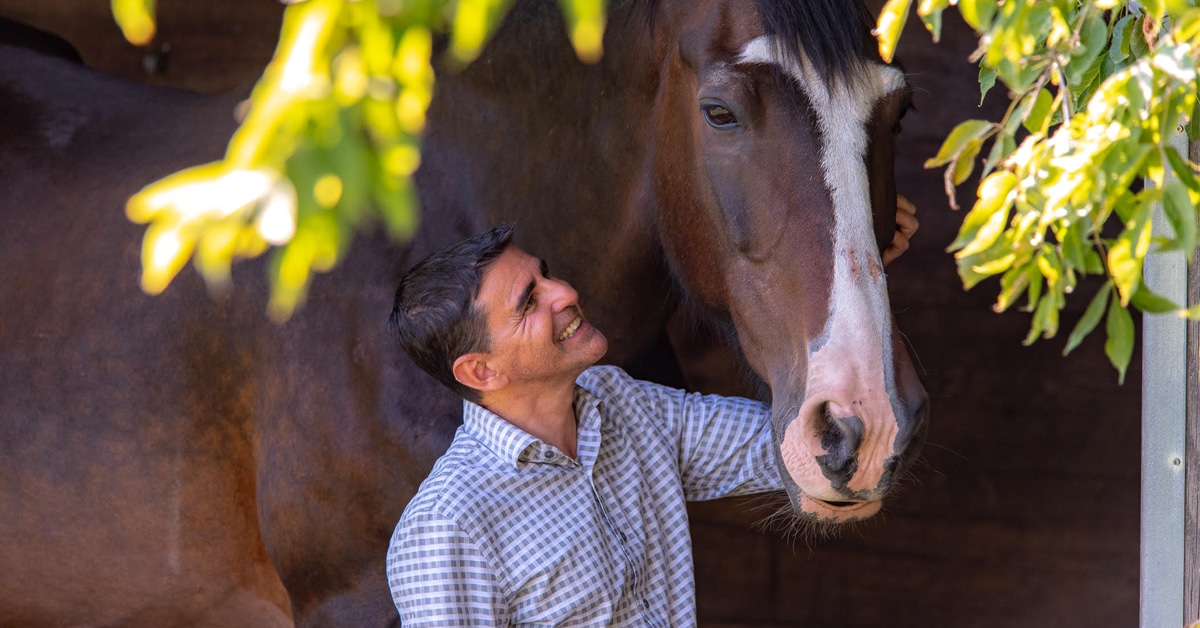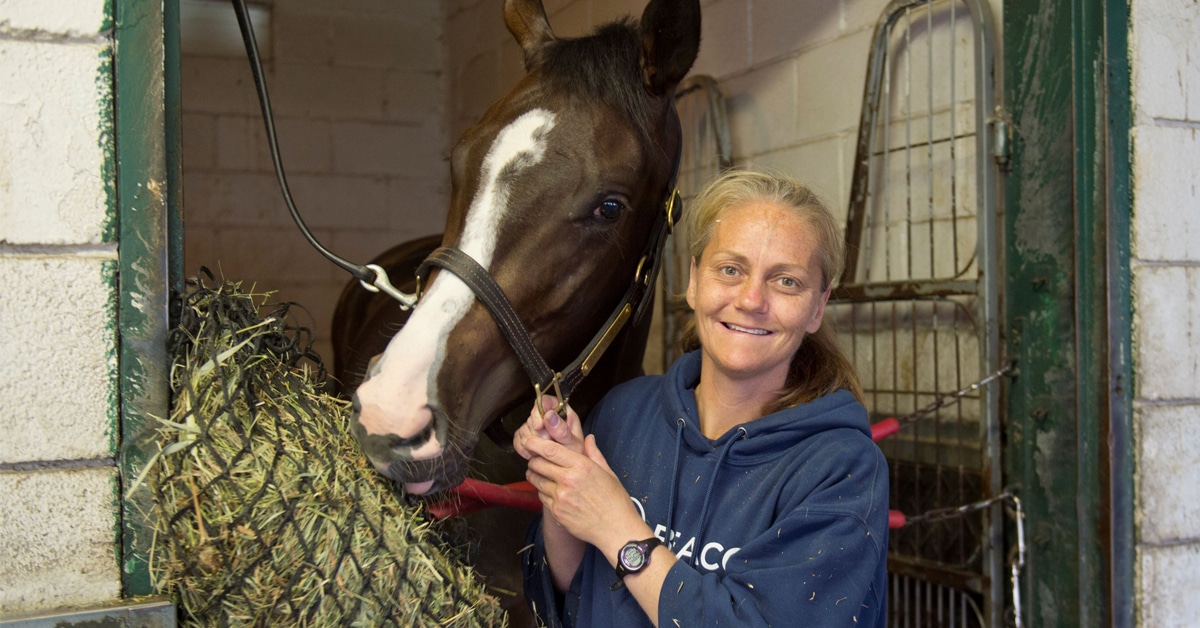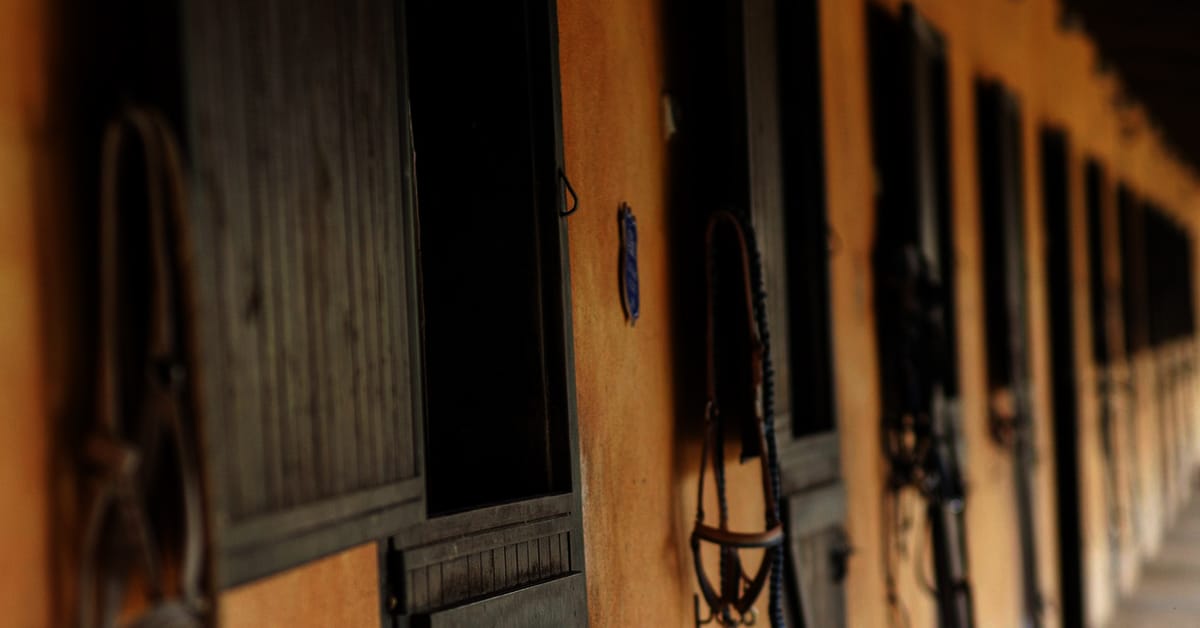That question took on sudden importance this week as Churchill Downs, for only the second time in its history, cancelled Wednesday’s race card because of expected excessive heat. Temperature, humidity and wind speed figured into the track’s decision. Lone Star Park in Texas, Belterra Racecourse in Ohio and Horseshoe Indianapolis in Indiana also cancelled their cards.
In Canada, it hasn’t been hot enough for cancellations – yet – but Hastings Racecourse in Vancouver, despite being located in a temperate climate zone, cancelled racing two days last year, June 28 and 29, when the humidex level reached 40. Woodbine cancelled on one day last year as well, Thursday, August 26. It felt like 42⁰C.
Heat Policies in Canada
There’s a wide range of opinion and policy in Canada, none of which meets the standard of Dr. David Marlin, a heat stress equestrian specialist in the U.K., where racetracks use his criteria for evaluating safe racing conditions for horses. Dr. Marlin earned his PhD from the UK’s leading sports university, Loughborough University, for his study on the responses of Thoroughbred racehorses to exercise and training. He’s advised on equine thermoregulation for many Olympic Games since 1996 and is the past Chair of the International Conference on Equine Exercise Physiology. He’s also authored over 200 scientific papers on exercise physiology, fitness training, thermoregulation, anhidrosis, and other related topics.
Hastings racetrack uses the Heat Index. “The vet uses a formula which includes temperature, humidity, and other factors. It is called a HSI – Heat Stress Index,” explained track announcer Dan Jukich. “The current time and the relative humidity determines the condition. That is, 77 degrees and 65% humidity added together equal the Heat Index which would be 142. If it exceeds 160 the vet will inform the stewards whether it is safe or not. There’s no training or racing if it is above 175.”
Dr. Marlin points out that the Heat Stress Index is calculated in the shade, which can have a dramatically different feel than direct sunlight.
“The comfort index (temperature in fahrenheit + humidity in %) was dropped for equestrian management because it only allows for temperature and humidity and not solar radiation [heat of the sun]. We all know how much different being in the sun or shade at the same temperature and humidity makes.”
At Century Mile, there is no firm formula, said racing manager Alan Goodsell. “We’d have a conversation if the temperature reaches 35⁰C,” he said. Three weeks of racing in temperatures in the low 30-degrees C last year went off without incident, he added.
At Assiniboia Downs, CEO Darren Dunn said the humidex reading would have to reach 45. Environment Canada notes that a humidex of 40 to 45 causes great discomfort and to avoid exertion while above 45 (it’s highest level) is dangerous and heat stroke is quite possible. However, since the track only races at night, with a first-race post time of 7:35 p.m., they are typically past the hottest part of the day.
Woodbine and Fort Erie must abide by AGCO (Alcohol and Gaming Commission of Ontario) regulations which has two tiers: In tier one, with temperature between 31⁰C and 37.9⁰C “additional measures must be put in place for the well-being of the horse.” In tier two, with temperatures at 38⁰C and higher, “there must be additional vets to monitor temperature, pulse and respiration rate of the equine athletes pre-race and post-race” and horses must have access to extra hosing, water and a shaded saddling area, and post times are to be minimized.
The AGCO felt that a measure of the air temperature that did not include other factors such as humidity was easiest for the industry.
“There was value seen by the industry to have an indicator that would reliably forecast environmental conditions prior to horses being shipped from the farm to the racetrack, and to allow time to make the necessary preparations trackside,” said Dr. Adam Chambers, AGCO Senior Manager of Veterinary Services.
Marlin’s Preferred Method
Dr. Marlin prefers the Wet Bulb Globe Temperature (WBGT) to get a truly reflective reading of the effects of the weather.
“We have shown that simple heat stress indices are misleading when used to try and estimate risk of heat stress in horses,” he said. The WBGT is calculated in the sun and takes into account the air temperature, humidity, the heat of the sun and the cooling effect of wind and can be measured using “simple and cheap equipment such as the Extech HT30 which we validated against more expensive equipment and is used by the FEI (International Equestrian Federation).”
The chart above shows the WBGT reading in full sun and with a light wind in different temperature and humidity combinations. Dr. Marlin recommends racing when the reading is under 30 for short races and under 33 for longer races. The cost is in the $200-$300 range and is readily available online.
“The Wet Bulb Globe Temperature is a commonly used standard for measuring the effect of ambient environmental factors,” agreed Dr. Chambers, adding that none of the tracks in Ontario had the equipment. “For the welfare of the horse and safety of participants, the goal was to introduce a temperature standard that could be implemented at all Ontario racetracks in a timely way, without the need for specialized meteorological equipment.”
The Latest











